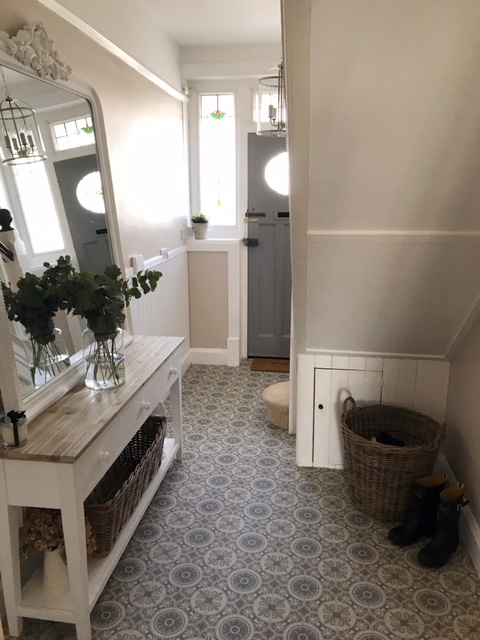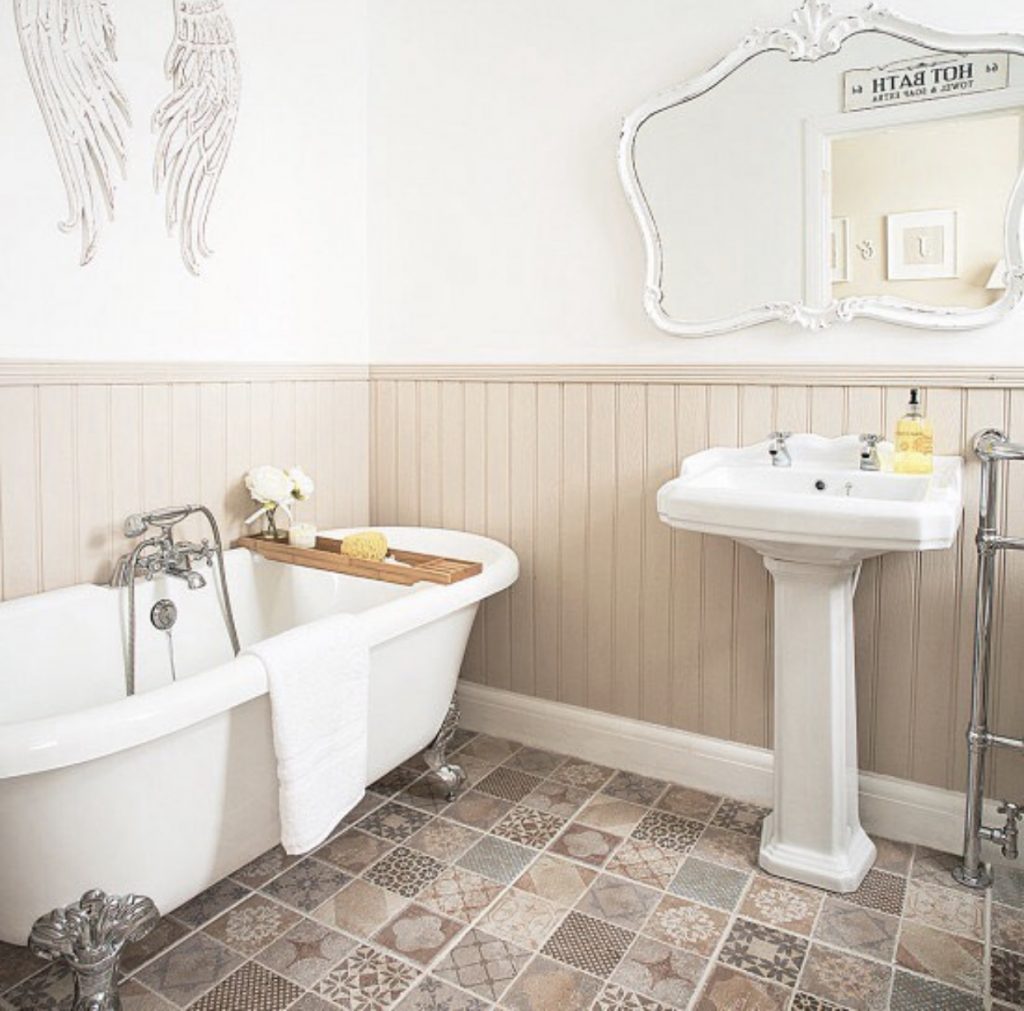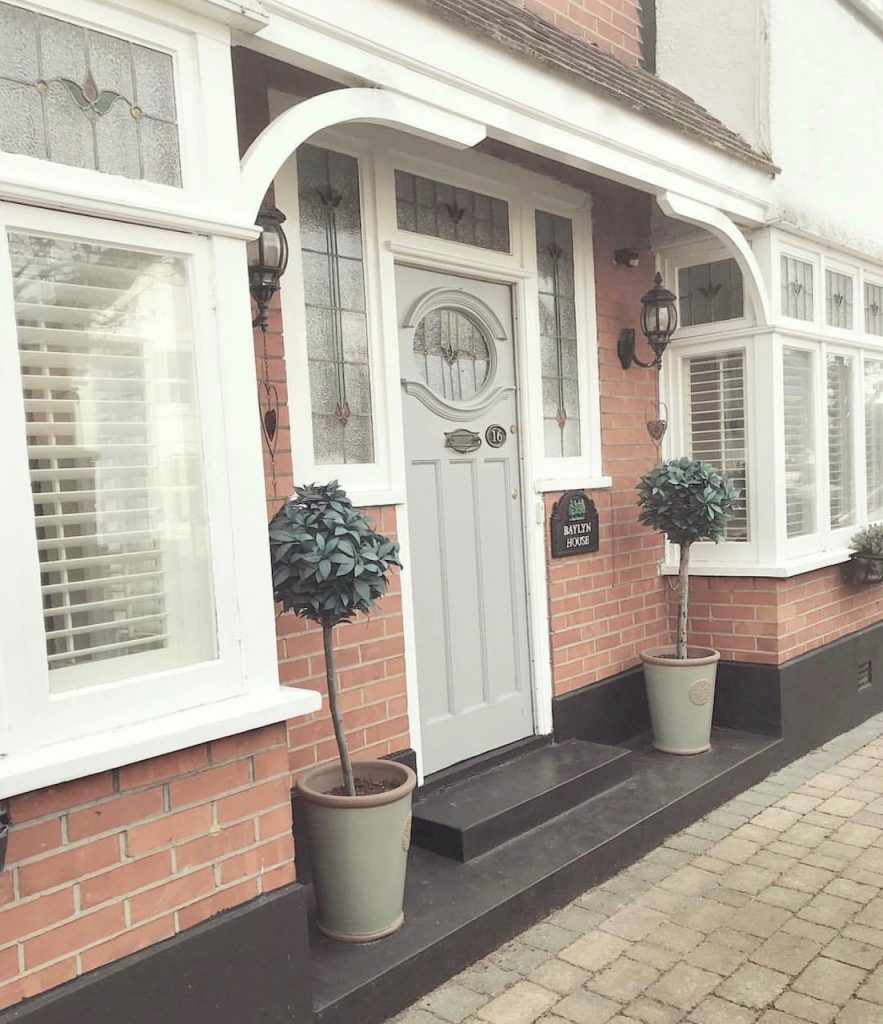
Many people get a thrill out of buying a house that needs a fair bit of work, with the aim of transforming it into their dream home.
This is a brilliant way to start – with a blank canvas, doing up your house up exactly how you want it & can be a great way of increasing the resale value too.
However, you may be struggling to know where to start with your renovation and which steps to take to get the process in motion, especially if you recently bought your first home.
To give you some direction, cut down on stress when refurbishing and ensure that you are happy with the end result, here are some tips for your first home renovation:
Planning –
It is crucial to do your research at the very beginning of the process, before purchasing items or beginning any work.
Be sure to consider things like planning permissions, your budget and what timeframe you’re going to work from.
It is really important to have these things decided before you begin the renovation as they’ll give you the guidelines you need to successfully complete your project.

Know your limits –
While you can do the smaller things, like painting, installing shower panels and building furniture yourself, completing larger tasks should only be done by a professional.
For example, when planning bathroom renovations, it is important to enlist professional help for important jobs like electrics and plumbing. This reduces the risk of anything going wrong and prevents the need to splash out for a costly repair later.
Compromise –
Even though you might want a to go crazy with expensive furniture & accessories, it’s always better to start small when you’re on a budget.
A great way to compromise here, would be to consider something other than tiles in your bathroom.
While you might think you’re cutting corners, bathroom shower panels are not only easier to install than tiles – they’re also completely waterproof and more hygienic due to the lack of grout.
Using these shower panels reduces the risk of mould and damp forming, thereby cutting down on how much cleaning you need to do and freeing up time to work on your home!

Value the exterior as well as the interior –
It’s true – you’re going to be seeing more of the inside of your new home than the outside.
However, it’s the exterior that needs to last a lifetime. Be sure to think about things like roofing, the foundations, and the exterior walls of your home. Checking that these are stable and don’t need touching up or working on will help you to avoid disaster at a later date.
After all, your house won’t stand the test of time if it’s not in the best possible condition.
A self-build warranty is also worth investing in, for anyone who wishes to do any renovation or conversion work, as it covers defects during the build.
Following these tips won’t make home renovation any less of a large task, but they’ll give you the guidance you need to plan a perfect process to make your house a home.
Love,
*This is a collaborative post
